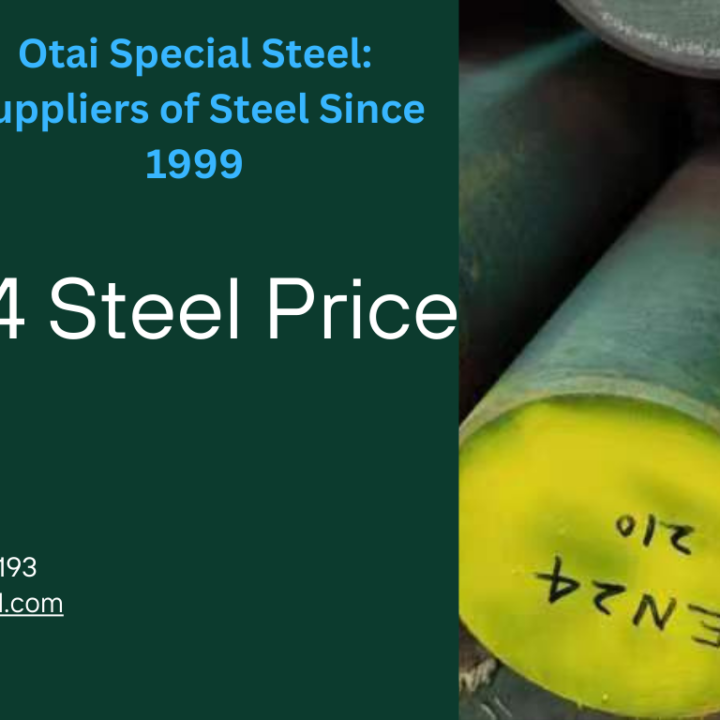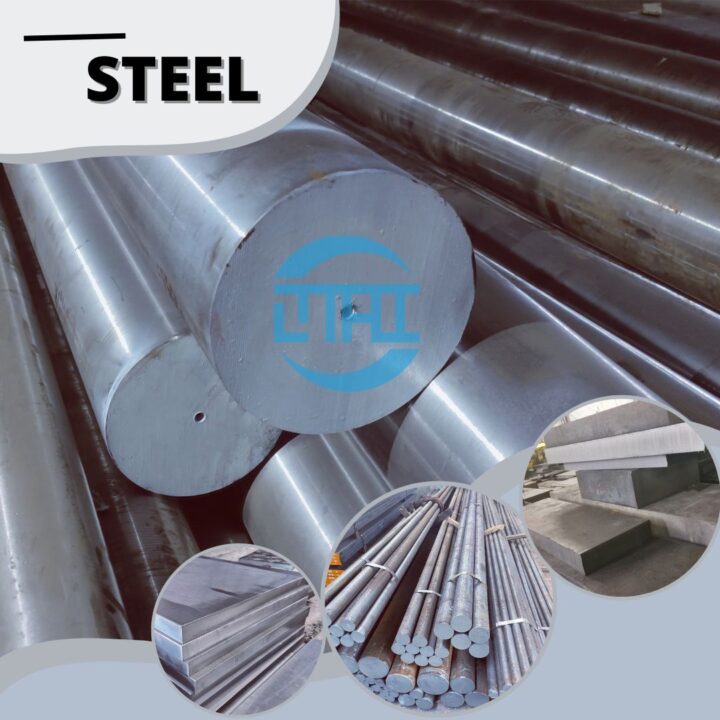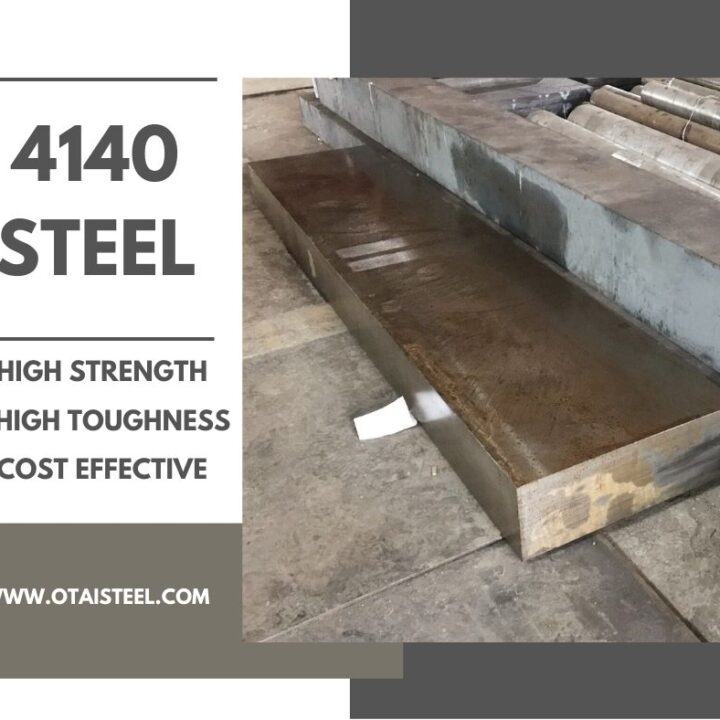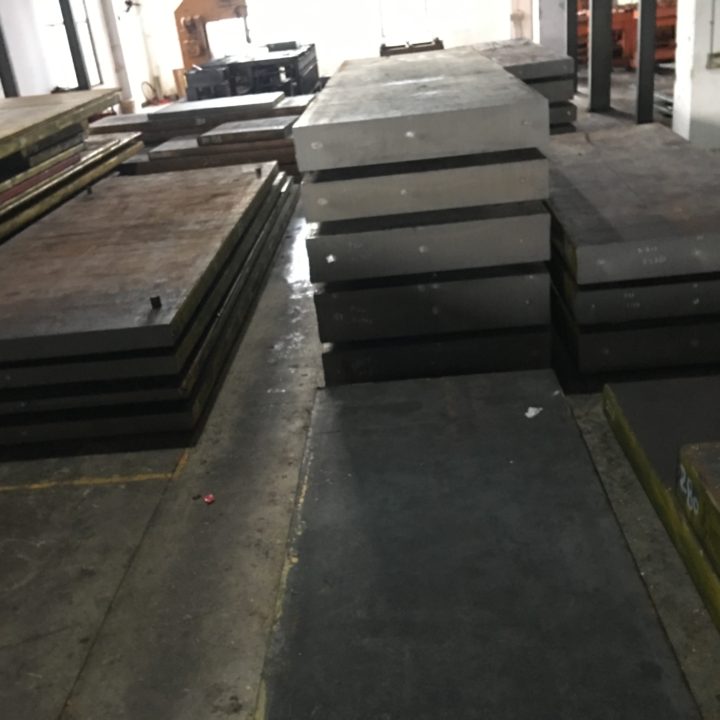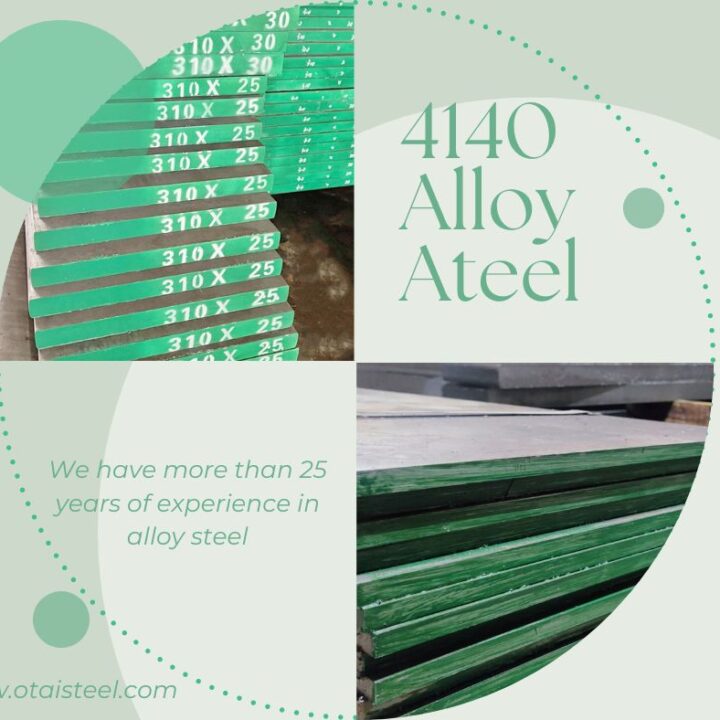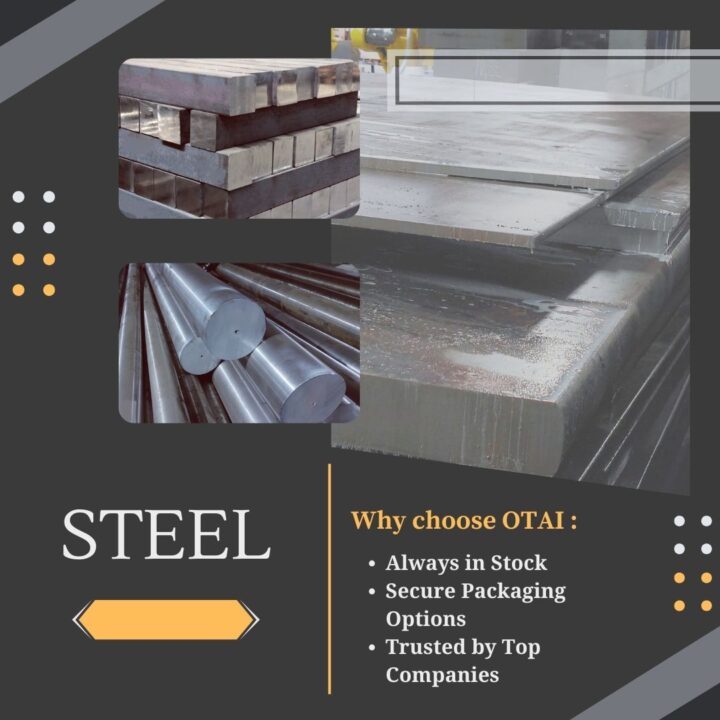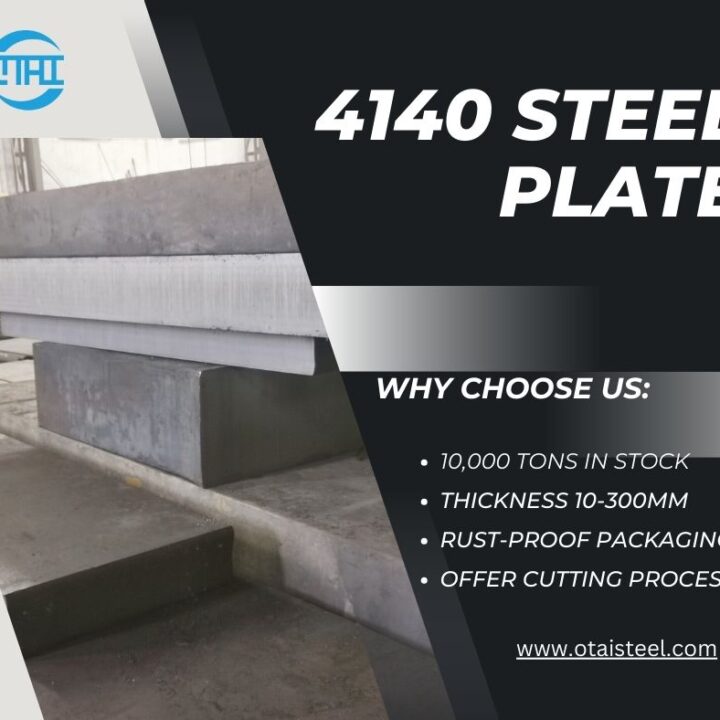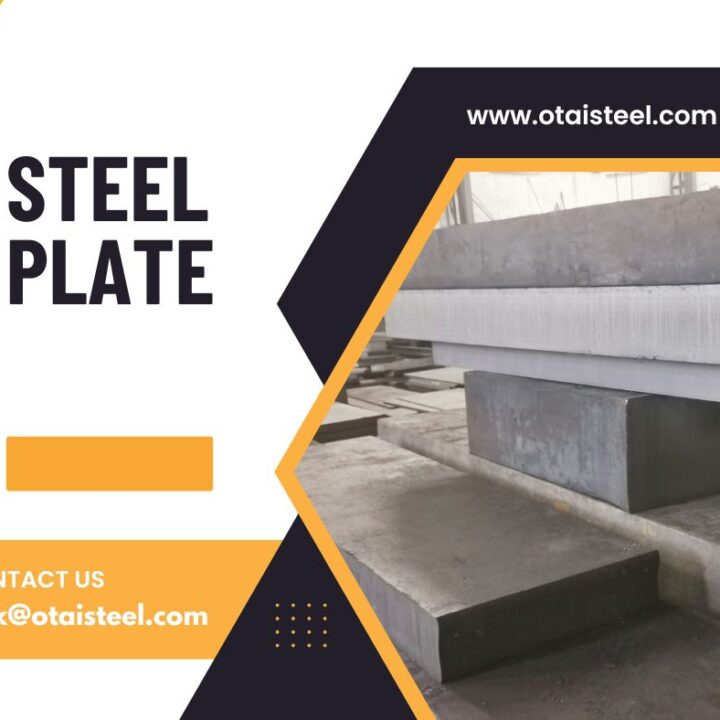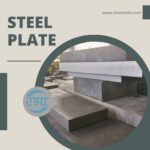Are you in search of a versatile steel grade that excels in various applications but unsure where to start? Look no further! In this guide, we will delve into the world of 1.2316 steel, exploring its standards, properties, applications, sizes, prices, and reliable suppliers. Whether you are a seasoned industry professional or a newcomer, this comprehensive overview will equip you with the knowledge you need to make informed decisions.
Understanding 1.2316 Steel
1. Standard and Chemical Composition:
1.2316 is a chromium-molybdenum-vanadium alloyed steel that conforms to specific standards to ensure quality and performance. The steel is known for its excellent corrosion resistance and high hardness. The chemical composition includes precise amounts of chromium, molybdenum, vanadium, and other elements to achieve optimal properties.
2. Mechanical Properties:
- Hardness: 1.2316 steel exhibits remarkable hardness, making it suitable for applications requiring wear resistance.
- Tensile Strength: The steel offers impressive tensile strength, ensuring durability and reliability in various conditions.
- Corrosion Resistance: With its chromium content, 1.2316 steel boasts excellent corrosion resistance, making it ideal for challenging environments.
Applications:
1. Diverse Industrial Applications:
From plastic molding to precision tooling, 1.2316 steel finds its place in a myriad of industrial applications. Its versatility and robust properties make it a preferred choice for manufacturers seeking reliable and durable materials.
2. Plastic Molding:
The steel’s corrosion resistance and high hardness make it particularly suitable for plastic molding applications. Its ability to withstand wear and abrasion contributes to extended tool life.
Size and Form:
1.2316 steel is available in various forms, including plates. The range of sizes ensures flexibility in meeting specific project requirements, making it a go-to material for different industries.
Price Considerations:
Understanding the pricing factors of 1.2316 steel is crucial for budget planning. Factors such as size, quantity, and supplier reputation can influence the overall cost. It is advisable to request quotes from multiple suppliers to ensure competitive pricing without compromising quality.
Finding Reliable Suppliers:
1. Research and Reviews:
Conduct thorough research on potential suppliers. Look for reviews, testimonials, and their track record in delivering high-quality materials.
2. Certifications:
Ensure that suppliers adhere to industry standards and possess relevant certifications. This guarantees the authenticity and quality of the 1.2316 steel they offer.
Conclusion:
As you embark on your journey to explore the benefits of 1.2316 steel, armed with knowledge about its standards, properties, applications, sizes, prices, and reliable suppliers, you are well-equipped to make informed decisions. Connect with reputable suppliers, and unleash the potential of this exceptional steel grade in your projects.
